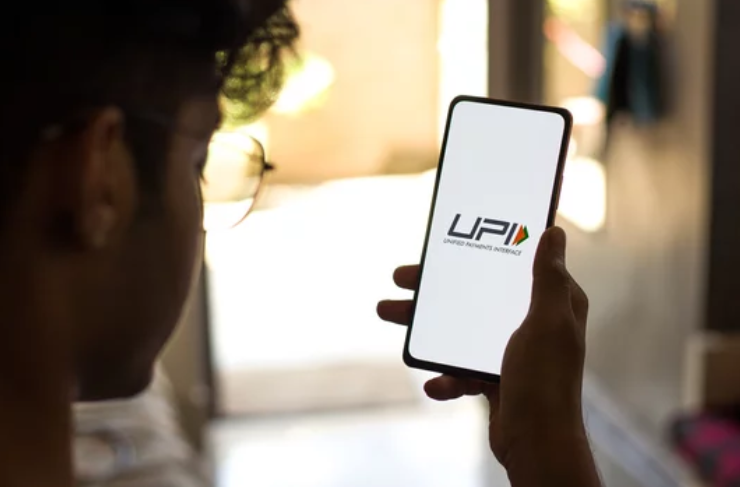Digital transactions in India have been revolutionized through the introduction of Unified Payments Interface (UPI). It offers unmatched convenience and speed when it comes to transferring money or making payments. However, there may be instances when you need to reverse a UPI transaction due to reasons such as accidental transfers, incorrect recipients, or unauthorized payments. In this article, we will guide you through the steps to reverse a UPI transaction and provide important things to keep in mind.
UPI transactions are often quick and efficient, making it difficult to undo the process once the money has been transferred. However, the National Payments Corporation of India (NPCI) has implemented the “UPI Auto-Reversal” system to tackle this problem. In specific situations, you can request to reverse a UPI transaction.
How to reverse UPI transaction
When it comes to reversing a UPI transaction, it is important to understand the specific conditions under which you can request a reversal. There are a few scenarios in which you can request a reversal.
First, if you mistakenly send money to the wrong UPI ID or mobile number, you can request a reversal. Second, if you notice a transaction that you did not authorize, it’s important to report it immediately to your bank or UPI service provider. Finally, you can only reverse a UPI transaction that is pending or has failed. Successful transactions cannot be reversed.
It is important to note that once a transaction has been successful, it cannot be undone. Therefore, it is crucial to double-check the details before making a UPI transaction to avoid any errors. By keeping these conditions in mind, you can make sure that you are prepared in case you ever need to request a reversal for a UPI transaction.
Remember when using UPI, remember to keep a record of transactions, stay alert, secure your UPI PIN, and double-check the recipient’s details.
You can follow the steps mentioned below to request the money back.
If you have made a UPI transaction that you wish to reverse, the first step is to contact your bank or UPI service provider’s customer support. It is important to provide all relevant details, including the transaction reference number, date, and amount. They will guide you through the process and may assist you in reversing the transaction. It is important to report UPI transaction issues promptly, as it is crucial due to time sensitivity. Some banks and UPI service providers impose a time limit for such requests.
If the transaction meets the conditions for reversal and your bank or UPI service provider approves, they will initiate the UPI Auto-Reversal process. It may take some time, depending on the specific provider and their policies.
Once the UPI Auto-Reversal process is complete, you will receive confirmation from your bank or UPI service provider. If the reversal is successful, the money will be credited back to your account.
If you have sent money to the wrong person or if there has been any unauthorised transaction, you can initiate the process of reversing a UPI transaction. To do so, you should act quickly and contact your bank or UPI service provider. Provide all the necessary details to expedite the reversal process. It is always best to be cautious while making UPI transactions. Make sure to keep your UPI PIN secure and monitor your account regularly to prevent any unexpected issues. Remember that while reversals are possible, being vigilant and taking preventive measures is the best way to ensure a seamless digital payment experience.






Leave a Comment